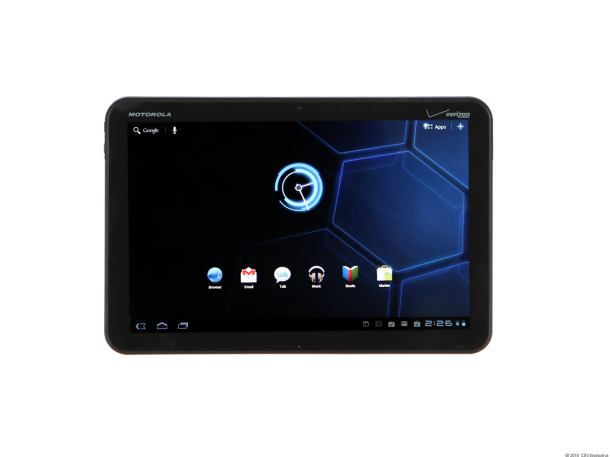Open source's UI handicap explains Google's Honeycomb move

Google is reportedly holding back Android 3.0 Honeycomb code from open source developers in a move that's causing a good bit of angst. However, the move may make some sense considering the high stakes in the tablet market.
Google says it will delay the distribution of its newest Android source code, dubbed Honeycomb, at least for the foreseeable future. The search giant says the software, which is tailored specifically for tablet computers that compete against Apple's iPad, is not yet ready to be altered by outside programmers and customized for other devices, such as phones.

Add it up and Android is open---until the stakes are really high. But what about Android for smartphones? The phone version of Android had a different table stakes. The field---aside from Apple's iOS---was fairly open. RIM was snoozing as was Microsoft.
The tablet market is different. Apple dominates the field and there's a bevy of rivals gunning to be No. 2. You have one shot to make an impression. Google realizes that Honeycomb isn't the first impression it was looking for. Now the company needs to shepherd Honeycomb more, bake the code and then release to developers. Honeycomb, an OS built by geeks for geeks, may not cut it.
One interesting question here is the role of the open source community in consumer applications. Linux picked up in the data center because it's cheap, effective and largely future proof. Then again, data center wonks aren't looking for aesthetics. Open source is functional, but can it be beautiful?
Frankly, we don't know. When you play with Android it's clear it doesn't have the polish of
I'm left to conclude that an open source army can take you far, but when the user interface matters it's hard to herd the cats.
Google will get developers the Honeycomb code, but it needs to control more of the process to have a shot against Apple. Android is open---until it matters the most.